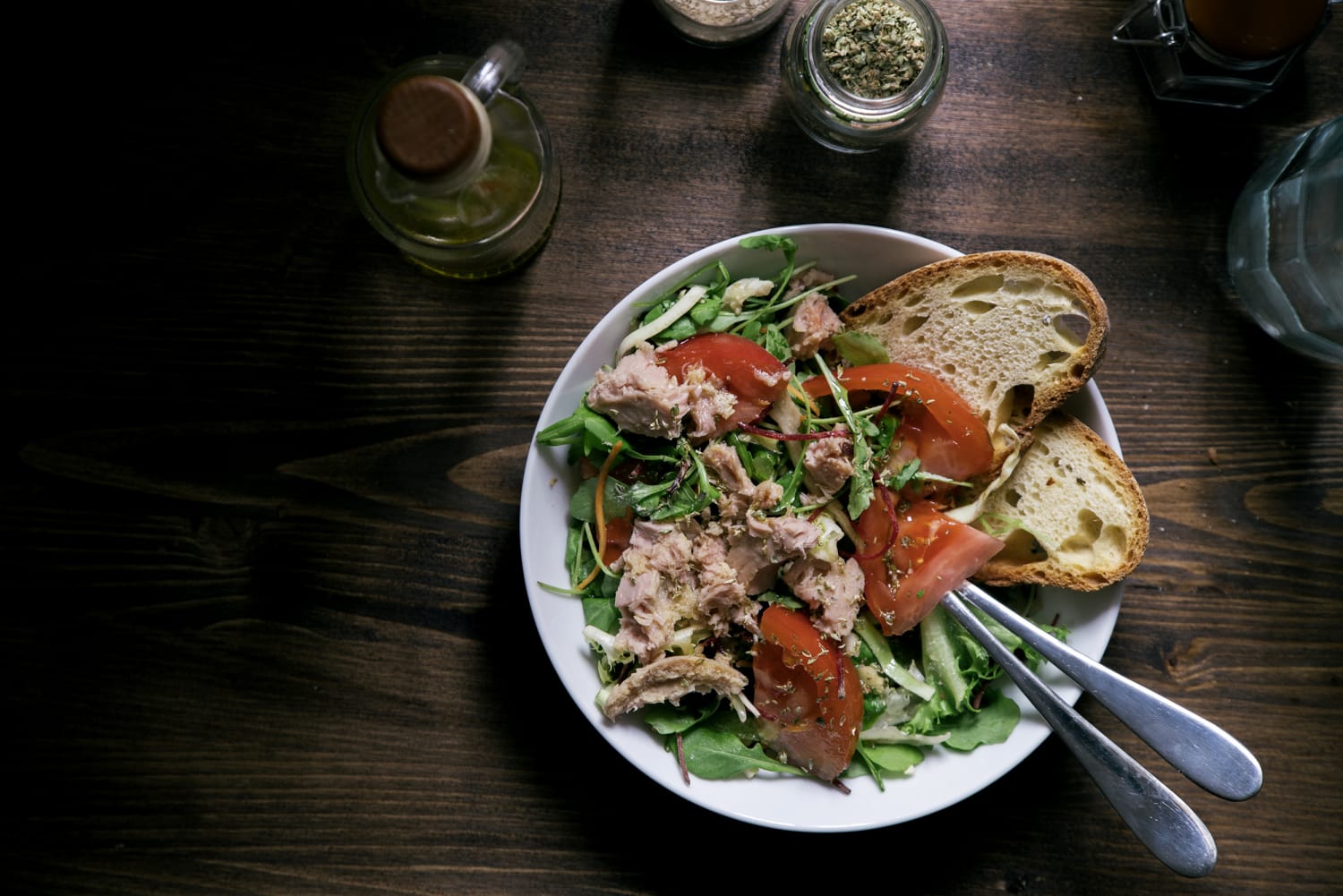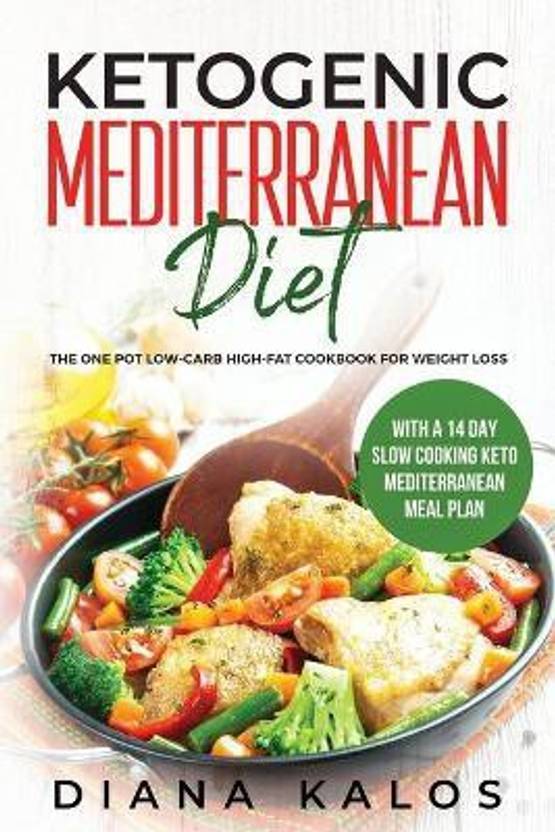Top Guidelines Of California Keto: Home


Keto Food List: What to Eat and What to Avoid
The smart Trick of Keto Diet for Beginners: What It Is, What to Eat and Recipes That Nobody is Talking About
We consist of products we believe work for our readers. If you purchase through links on this page, we might earn a little commission. Here's our process.The ketogenic diet has actually become popular. Studies have found that this very low carbohydrate, high fat diet works for weight-loss, diabetes, and epilepsy (,, ). Still, greater quality research on the diet plan is still needed to identify its long-lasting security and effectiveness (,, ). A ketogenic diet plan usually limits carbs to 20 to 50 grams each day. While this might appear tough, many healthy foods can easily suit this method of eating. Here are some healthy foods to consume on a ketogenic diet.Fish and shellfish are very keto-friendly foods.

Ketogenic Diet for Beginners: What to Eat and Avoid
Nevertheless, the carbohydrates in various kinds of shellfish vary. For example, while shrimp and most crabs contain no carbs, other kinds of shellfish do (, ). While these shellfish can still be consisted of on a ketogenic diet plan, it is very important to account for these carbs when you're trying to remain within a narrow variety.
5-ounce (100-gram) servings of some popular kinds of shellfish (,,,, ): 4 grams 4 grams 4 grams 3 grams 3 gramsSalmon, sardines, mackerel, and other fatty fish are very high in omega-3 fats, which have actually been found to lower insulin levels and increase insulin level of sensitivity in people who have obese and obesity ().

9 Easy Facts About Keto Bursts Can Help You Lose 10 Pounds in a Week Described
The American Heart Association recommends taking in 1 to 2 seafood meals weekly (). Many types of seafood are carb-free or very low in carbohydrates. Fish and shellfish are also excellent sources of vitamins, minerals, and omega-3s.Non-starchy veggies are low in calories and carbs, but high in lots of nutrients, consisting of vitamin C and numerous minerals.
Therefore, take a look at their absorbable (or net) carb count, which is total carbs minus fiber. The term "net carbohydrates" simply describes carbohydrates that are absorbed by the body. Note that net carbohydrates and their results on the body are rather controversial, and more research is needed. Many veggies contain very few net carbs.
The net carbohydrate count for non-starchy vegetables varies from less than 1 gram for 1 cup of raw spinach to 7 grams for 1 cup of cooked Brussels sprouts (, ). More In-Depth contain antioxidants that help protect versus free radicals, which are unsteady particles that can trigger cell damage (, 20).
